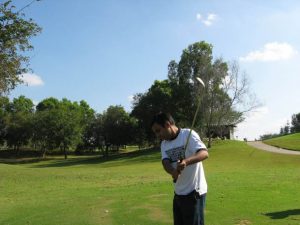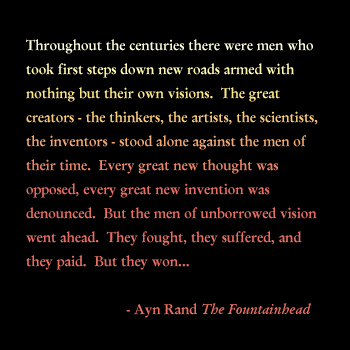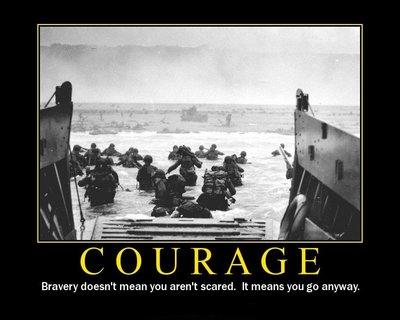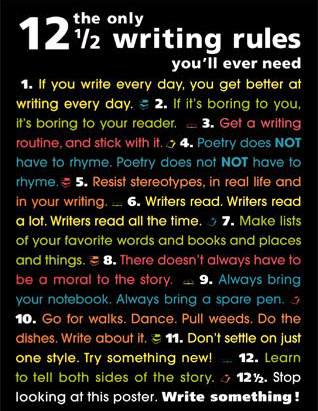18 Oct 2008, that was the day I landed in this beautiful garden city Bangalore as a 25 year old full with enthusiasm and energy to make it big. Now, three years hence, I can say it is exactly the same state I found myself in. Buzzing with energy, pumping in 14-16 hour days and excited about a lot of ideas sprouting in my head. Now I won’t say that it has been all rosy in these last three years, as there was a brief period of being lost, where I hardly was able to put in 6 hours a day, and I was either angry, frustrated, irritated or just tired all day along. But I am glad that this phase happened, and gladder that it is over now 🙂
SaleRaja – The Joy and Pains of Entrepreneurship
The first year in Bangalore was full of experiencing what entrepreneurship is all about. There were good days, and there were not so good days. Technical discussions, night long marathon coding sessions, sales calls, and a lot of manual and boring repetitive tasks used to fill up my day. The Bangalore weather was the perfect catalyst for all this. Going to events, meeting the founders of other startups, partnering with a lots of people for different tasks and lots of brainstorming sessions made this period one of the most memorable of my life. I started SaleRaja.com as I felt working with InfoEdge that it was not too difficult to earn money ‘for ourselves‘. SaleRaja taught me it was not so easy either 😉 Nothing could be more humbling than that, and the lessons from SaleRaja makes me what I am today. 15 months in Bangalore, and I had to make one of my toughest decisions to let go of SaleRaja, which might also be one of the wisest. For the whole SaleRaja journey, I can say that I started SaleRaja for earning money and getting rich. It didn’t make me any richer (in financial terms) but it ended my hunger for money and pushed me towards a journey for more meaningful things, and that was a big breakthrough.
Exploring New Territories
Once the burden of SaleRaja was no more, I felt really free and light compared to the heavy feeling of burden which I felt earlier. I started meeting a lot of people from the startup ecosystem in Bangalore, also had time to catch with a lot of friends in Bangalore whom I rarely met during the times of SaleRaja. I got interested in looking for new ideas for business, and saw a few very interesting ideas by entrepreneurs. I joined Yahoo during this time, and apart from work, started volunteering to teach school kids as part of a Yahoo! initiative. This step was path breaking as it helped me discover a new side of myself and opened up a lot of new doors. Not to forget are the many long rides I did on my bike which literally meant exploring new territories.
The Joy of Starting New Initiatives
Around the end of 2010, I decided it was time to do something (again). Well, once an entrepreneur, always an entrepreneur. I love starting new initiatives, and this time I decided to do something non-commercial, and something which was not related to internet and coding in any way. I took up a waste management initiative, organized an anti-corruption walk, and later started Pick a Fight. This journey, which still continues, got me in contact with some amazing people from the non-technical world, and it was an eye opening and view expanding experience.
The Future – I can sense some change soon
It has been almost two years since I gave up on SaleRaja, and I am really eager to get back to the game again. Although I am involved in the initiatives mentioned above, I am always excited by new business opportunities. In a way I can feel the winds of change coming towards me soon. I am not sure how long before I start something again, or whether I will start myself or join an already existing startup, or what idea it would be? But I am very sure that I am ready for it again now based on my learnings in the last two years. But this time I will not hurry up into it like last time (not repeating the mistakes) and do proper due diligence before jumping again (making new mistakes).






